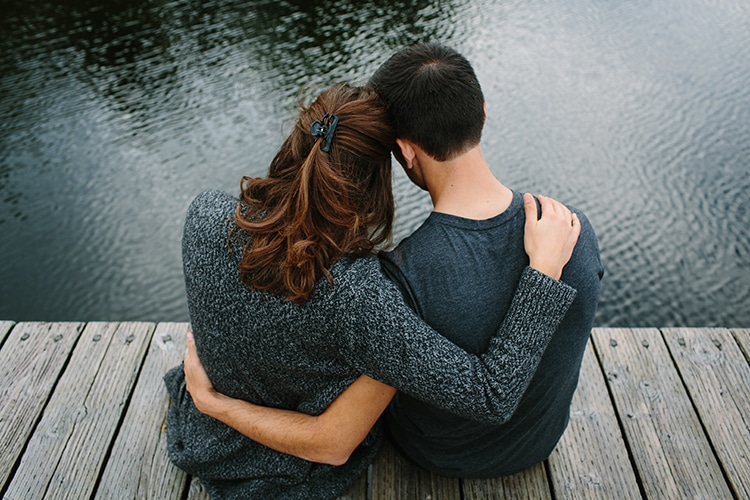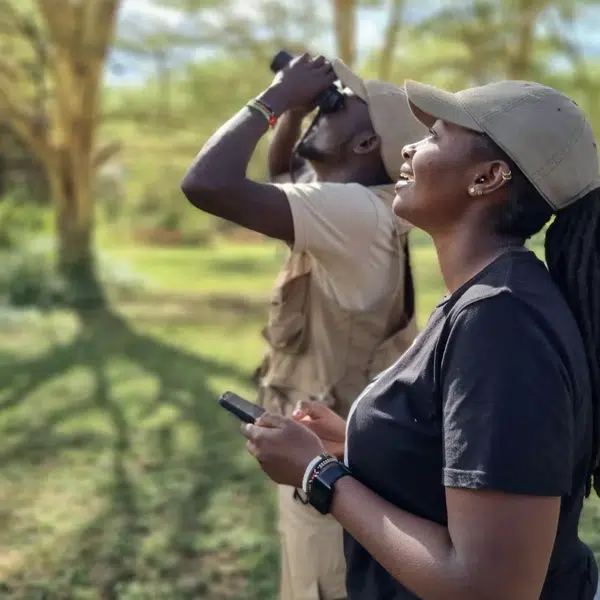
Photo: Stock Photos from THE CHAD/Shutterstock
In recent years, issues of maternal health and women's experiences in the workplace have become important—and often overlapping—global discussions. Women are feeling the brunt of the pandemic with their participation in the workforce at a 33-year low, so nations must now ask how to support mothers and all working parents in general. In New Zealand, the legislature unanimously approved a new law allowing three days of paid leave for both expectant parents after a miscarriage or stillbirth. Several years in the making, this new law is a significant step towards allowing grief after pregnancy loss and towards combatting the stigma surrounding miscarriage.
Sadly, pregnancy loss is relatively common; between 10 and 20 percent of pregnancies end in miscarriage. Typically, miscarriage refers to the loss of a pregnancy before the 20-week mark, while stillbirth occurs in the latter half of the 40-week term. No matter when the loss occurs, pregnant people and their partners often experience pain (emotional and physical), sadness, and even guilt. Particularly, the pregnant person may feel that the loss was in some way their fault or that their body failed them. However, this is not the case. Many miscarriages are due to chromosomal abnormalities in the embryo or other health conditions which are beyond the couple's control.
The New Zealand law provides the guarantee of several days of paid leave for families—an important protection of needed income. According to The New York Times, the law is also part of a “broader global reckoning over women at work.” Women often struggle to balance pregnancy and motherhood with their advancement in the workplace. New Zealand and many other nations have guaranteed paid family leave policies that are found to be beneficial to the mental and physical health of both mother and child. However, in the United States, no federal law mandates any required paid maternal or family leave. This policy leaves many working women—particularly lower-income women—in a difficult position.
The addition of several days of paid leave after a pregnancy loss serves another very important purpose: the recognition of an often hidden grief. Miscarriage remains a taboo topic, and couples are left to carry on with life with no recognized ritual or time to process grief. That grief can be compounded by misguided or insensitive comments, such as, “You're still young, you'll have a baby.” According to Ginny Andersen, author of the New Zealand law, “I felt that it would give women the confidence to be able to request that leave if it was required… when they knew that they needed time, physically or psychologically, to get over the grief.”
As with many difficult topics, talking about pregnancy loss as a society is a way to convey to couples that they are not alone. In 2020, several prominent celebrities shared heartbreaking, honest accounts of their miscarriages—including Chrissy Teigen and Meghan, the Duchess of Sussex. While pregnancy loss will always be a tragic event for hopeful couples, it does not have to be a shameful or lonely time.
Although several other countries have mandated paid leave for late-term loss, New Zealand is pioneering a new approach in supporting grieving couples who lose a pregnancy at any stage. Hopefully, other nations will follow their lead and help support working people experiencing loss.
To learn more about grieving a miscarriage, and how to help a loved one experiencing this loss, check out this resource from the UK-based Miscarriage Association.
New Zealand has passed a law guaranteeing three days paid leave for couples grieving a miscarriage or stillbirth.
Acknowledging the pain and loss of miscarriage and stillbirth – New Zealand approves bereavement leave. MP @ginnyandersen hopes it will set a precedent worldwide and promote greater openness @BBCWorld pic.twitter.com/4DCVP94g9W
— Lucy Hockings (@LucyHockingsBBC) March 25, 2021
h/t: [The New York Times]
Related Articles:
Researchers Discover No Functional Difference Between Male and Female Brains, Debunking Neurosexism
New Zealand Handled the Pandemic So Well, Its Average Mortality Is Lower Than Normal Years
New Zealand Purchases Enough Doses of COVID-19 Vaccine for Its Island Neighbors






















































































